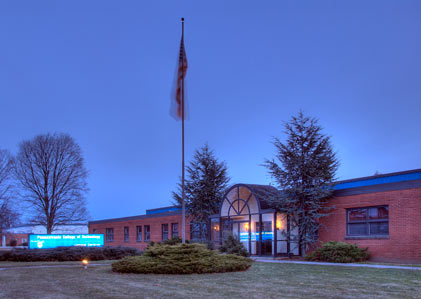Like so many careers, becoming a refrigeration technician can seem like an insurmountable goal for those at the beginning of the journey. An average person opening up a refrigerator or air conditioning unit will have no idea what to make of the different parts.
But, unlike many careers, becoming a refrigeration technician does not necessarily mean committing four (or more) years to college or five years to entry-level jobs. Comprehensive refrigeration training can take less than a year, and even brand-new technicians can start earning and working independently quickly. Indeed, this stable and lucrative career can be just around the corner with the right education.
Refrigeration and air conditioning technicians are in high demand. Virtually, almost every new building requires trained HVAC/R technicians for installing HVAC/R systems, to say nothing of the need for regular repair and maintenance. Certainly, HVAC/R provides a level of comfort, particularly in hot summer months, but it also helps keep hospitals safe, skating rinks cold, and groceries fresh.
So, HVAC/R can be vital, and keeping these systems running smoothly requires understanding sophisticated temperature control systems. Understanding how to install and maintain such systems requires the completion of either an apprenticeship program, which commonly takes four years, or a certificate or degree program, typically a two-year associate degree program.
New refrigeration technicians must find a school that offers more than just a convenient location. Some schools are better equipped to provide the job training necessary to secure employment in a competitive market. The following schools provide training to students through professional certification and employment and have third-party accreditation and unique program offerings.
According to the Bureau of Labor Statistics (BLS 2024), the demand for HVAC mechanics and installers is expected to increase by 9 percent between 2023 and 2033. Further, the BLS (May 2023) lists the average salary for these types of technicians at $59,620
per year, which is quite comfortable for a job requiring no more than an AS degree.
The first step toward success in this career is education. The training programs included on this list are geographically and academically diverse. However, each of these programs offers refrigeration technician training that is among the best in the country. These schools are qualified to train brand-new refrigeration technicians and prepare them to start in the workforce with the proper knowledge and certifications.



